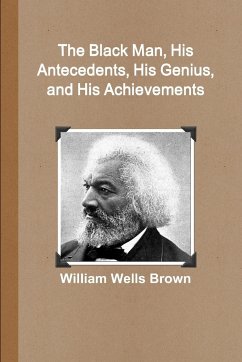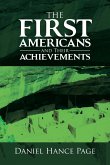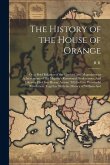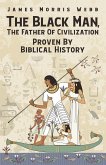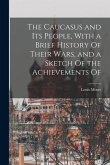THE calumniators and traducers of the Negro are to be found, mainly, among two classes. The first and most relentless are those who have done them the greatest injury, by being instrumental in their enslavement and consequent degradation. They delight to descant upon the "natural inferiority" of the blacks, and claim that we were destined only for a servile condition, entitled neither to liberty nor the legitimate pursuit of happiness. The second class are those who are ignorant of the characteristics of the race, and are the mere echoes of the first.
Hinweis: Dieser Artikel kann nur an eine deutsche Lieferadresse ausgeliefert werden.
Hinweis: Dieser Artikel kann nur an eine deutsche Lieferadresse ausgeliefert werden.

